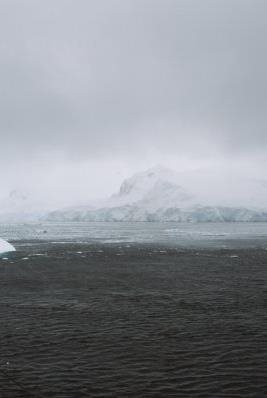About the event
Join me, Luke Tscharke, for Tasmanian Landscape Photography Workshops, a unique photography experience that uses an adaptive format to capture the best conditions Tasmania has to offer. These 3-day, 2-night photography adventures focus on the distinct opportunities each season provides while remaining flexible enough to photograph wherever nature delivers optimal conditions. With a guaranteed departure regardless of numbers and a small group size of just three participants, you can book with confidence knowing your workshop will proceed as planned.
The adaptive format means we don't lock into specific locations when you first book. Instead, we adapt our location to wherever the light, weather and photographic opportunities are optimal. This reflects how professional landscape photographers truly work, putting conditions and photography first. Tasmania's weather can change dramatically from region to region. While it might be cloudy in the highlands, the east coast could be experiencing perfect conditions just a few hours away. Our small group size allows us to be completely mobile, working out our destination based on where the conditions are most favourable. When you book, you'll receive a workshop planning form where you can outline any location preferences or subjects you'd like to photograph. You'll know exactly where we're going well before you arrive, with location details confirmed 2-3 days prior to departure.
This approach significantly increases our chances of finding ideal photography conditions. Over our time together, we might photograph in well-known locations or somewhere unexpected that the weather has guided us to. We'll make decisions based on weather forecasts, seasonal opportunities, and your photography interests.
Potential locations include Cradle Mountain, Freycinet, Bay of Fires, Tarkine, Southwest National Park, Mount Field, kunanyi/Mount Wellington, South Arm Peninsula, Tasman Peninsula, Central Highlands, Bruny Island, and Huon Valley.
Seasonal Photography Opportunities
Tasmania offers distinctive photographic opportunities throughout the year. While our adaptive format means we'll always chase the best conditions, each season brings its own unique elements:
- Winter: Snow & Dark Skies - July 19-21, 2025 (SOLD OUT)
- Spring: Wildflowers & Wildlife - November 8-10, 2025
- Summer: Mountains & Seascapes - January 10-12, 2026
- Autumn: Fagus & Forests - April 25-27, 2026
Winter: Snow & Dark Skies
Winter delivers some of my favourite photography conditions. Snow transforms the mountains, creating striking compositions you simply can't get at other times. The longest nights of the year are perfect for astrophotography and aurora chasing. Waterfalls are at their most powerful, rainforests stay lush and green, and the coastal locations are beautifully quiet, often giving us these incredible places completely to ourselves. The low sun angle creates this gorgeous soft light that lasts most of the day.
Spring: Wildflowers & Wildlife
Spring is brilliant for creek and stream photography as they run clear and strong after winter. The equinox often brings increased solar activity, which can mean aurora opportunities from our dark southern locations. We still get great Milky Way photography through October, with the galactic arc positioned beautifully in the western sky. The milder temperatures make night shooting much more comfortable. And spring wildflowers, including the famous tulips at Table Cape, add fantastic colour to our compositions.
Summer: Mountains & Seascapes
Summer gives us those brilliant long days where we can really explore and access remote highland areas that are completely unreachable in other seasons. We can spend quality time tracking down wildflowers, exploring the coast, and covering so much more ground. The extended daylight means we can dive into different landscapes, from alpine regions right down to the seascapes. While the short nights aren't ideal for nightscape photography, the comfortable temperatures and endless exploration opportunities more than make up for it.
Autumn: Fagus & Forests
Autumn gives us the most incredible crisp, clear air and that distinctive colour change across Tasmania. The fagus turns this brilliant gold across the highlands, and it's also fantastic for fungi photography. The Milky Way becomes really prominent again, rising vertically along the eastern horizon in early autumn. The March equinox often brings heightened aurora activity. You get these beautiful morning mists forming in valleys and over lakes, and still mornings create perfect mirror reflections. The temperatures are just right for comfortable shooting both day and night.

Workshop Planning & Structure
Each seasonal workshop has specific dates, but we adapt our location and itinerary to make the most of conditions. Here's how the planning and workshop structure works:
- After booking: You'll receive a workshop planning form to complete with participant details and any subject or location preferences you might have
- Balance payment: Final payment details will be provided with your booking confirmation
- Pre-workshop planning session: Online Zoom session about a week before departure where we'll review the upcoming weather forecast and discuss likely shooting locations based on conditions
- Location confirmation: 2-3 days before departure, I'll contact you with the confirmed location and detailed itinerary based on the most current weather forecast
- First workshop day: Pick-up in Hobart (typically around 9-10am), drive to our planned location, check-in to accommodation, explore shooting locations in daylight, sunset photography followed by night photography (if conditions permit)
- Second workshop day: Optional sunrise*, explore and photograph locations based on weather and light conditions, sunset and potential night photography
- Third workshop day: Optional sunrise*, check-out, photograph locations en route to Hobart based on conditions, return to meeting point
* Sunrise shoots are optional and based on conditions and energy levels, especially if we were up late photographing the night sky.
| What's Included | What's Not Included |
|
|
Accommodation
Because these workshops are adaptive, we're often booking accommodation at short notice based on where the best photography conditions are found. While my preference is for everyone to have their own private room, this can't be guaranteed, twin share arrangements might be necessary depending on availability.
We'll discuss all accommodation arrangements during our pre-workshop planning session and confirm details when I contact you 2-3 days before departure. The goal is to find comfortable options close to our shooting locations, ideally staying both nights in the same place to minimise fatigue and maximise shooting time.
If you have specific accommodation requirements or concerns, please get in touch before booking so we can discuss options.
Meals
While photography is our priority, we'll always try to eat at local restaurants where possible. During our planning session, we'll discuss meal arrangements based on our planned locations. We might be eating earlier or later than usual to accommodate our shooting schedule, and sometimes we may need to be flexible, picking up supplies for a picnic dinner or preparing simple meals if we're in remote locations.
We'll work out the best plan together to ensure everyone's well-fed while maximising our photography opportunities. Being able to adapt means sometimes our meal times need to work around the best light and conditions.

Personal Capabilities and Experience Level
All skill levels are welcome on these landscape photography workshops. You'll receive access to online tutorial videos before the workshop to help prepare, and I'll provide personalised guidance throughout our time together. Our locations are chosen with accessibility in mind, we may encounter some uneven terrain, but we won't be doing any serious hiking.
I'll be photographing alongside you throughout the workshop, which gives you the opportunity to see how I approach different scenes, read the light, and adapt to conditions. This hands-on approach ensures you not only capture beautiful images but also develop skills you can apply to your photography long after the workshop ends.
The beauty of the adaptive format is that we can tailor the experience to suit your skill level and physical capabilities, ensuring everyone gets the most out of the workshop regardless of prior experience.
Your Guide
As an authorised Parks Tasmania tourism operator and experienced landscape photographer, I bring intimate knowledge of Tasmania's diverse landscapes to these workshops. I've spent years exploring and photographing the island in all seasons and conditions, developing an understanding of where and when to find the best photographic opportunities.
My experience with Tasmanian weather patterns and seasonal variations helps me identify where we're likely to find the best conditions for photography. The adaptive format lets me apply this knowledge to ensure we're always in the right place at the right time.
By photographing alongside you during the workshop, I can demonstrate techniques in real-time and help you develop your own photographic vision. This active teaching approach means you'll learn not only through instruction but by watching how I work in the field, reading the landscape, finding compositions, and adapting to changing conditions.
Luke Tscharke Photography is an authorised nature based tourism operator with Parks Tasmania.

Pricing and Payment
The full price and deposit amount are shown next to the Book Now button above. After booking, I'll be in touch with additional information including balance payment details.
Guaranteed departure: All workshops in this series are guaranteed to proceed regardless of numbers. Whether you're a solo traveller or part of a small group, you can book with confidence knowing your chosen seasonal workshop will go ahead as planned. I'm comfortable running these workshops with just one participant, ensuring you'll never have your booking cancelled due to insufficient numbers.
Maximum group size: 3 participants per workshop session
Cancellation: If you need to cancel your booking for any reason you will only be refunded the total amount (less booking fees) if I can find someone to take your place, or if you transfer the booking to another experience run by Luke. Full terms and conditions can be found here.
Techniques covered
- Reading light, weather and conditions for optimal landscape photography
- Adapting camera settings to seasonal shooting scenarios
- Composition techniques for Tasmania's diverse landscapes
- Subject-specific approaches (snow, waterfalls, wildlife, etc.)
- Planning shoots and finding compositions in various conditions
What to bring
- Camera with manual settings capability and fully charged batteries
- Selection of lenses (wide angle and telephoto recommended)
- Sturdy tripod essential for long exposures and night photography
- Backpack suitable for carrying your camera equipment into the field
- Season-appropriate clothing with extra layers (Tasmania's weather can change rapidly)
- Waterproof rain jacket
- Head torch
- Sturdy and comfortable footwear suitable for uneven terrain
Event FAQs (For general FAQs, please visit the Frequently Asked Questions page)
A$500 deposit payable via Sony Scene to secure a spot.
Balance Due Date: 08/10/2025
Payment for the remaining balance should be made directly to the host. They will be in contact with you shortly to provide the payment details and further instructions.




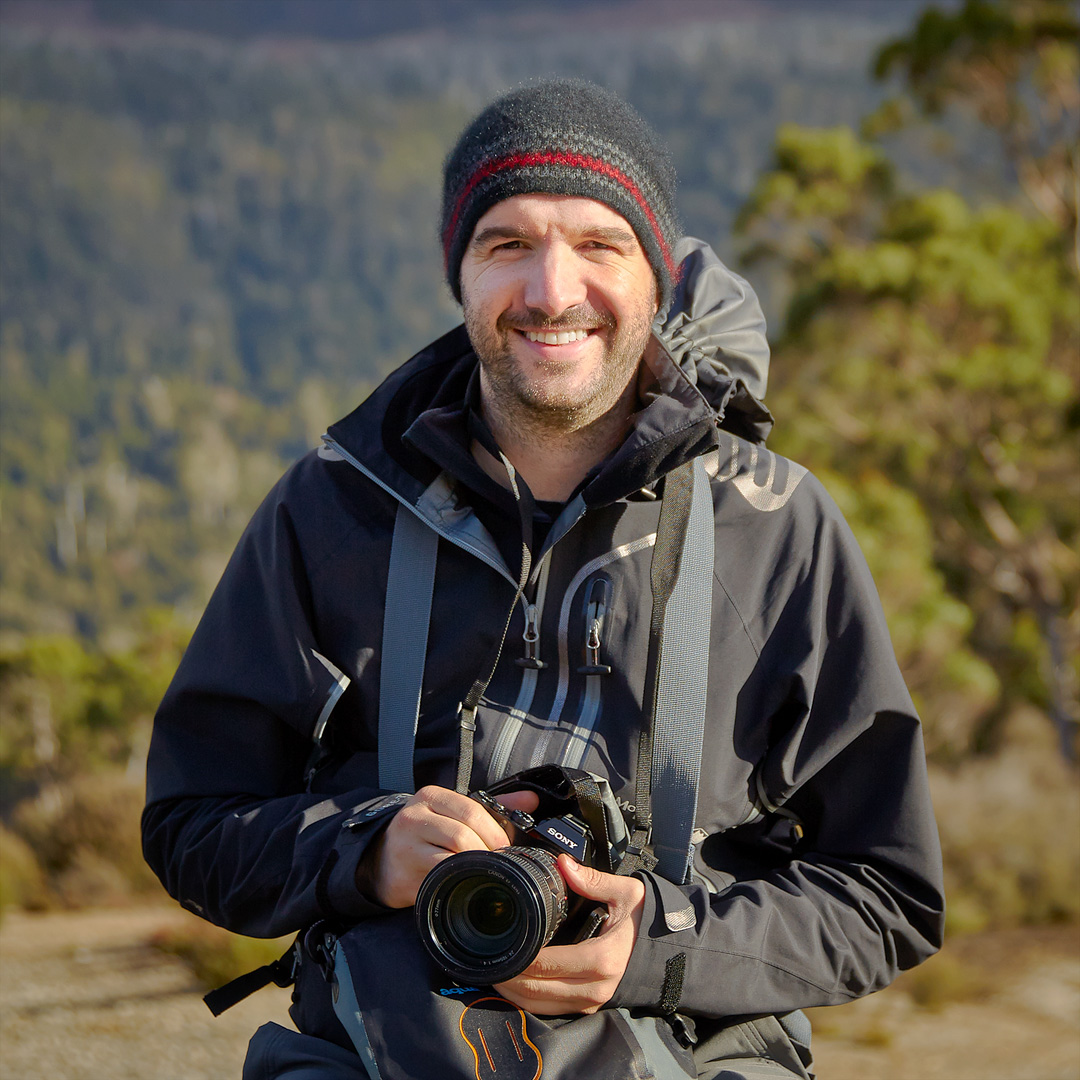_1726835161814.505.jpg?mode=crop&width=200&height=200&format=webp&quality=90)


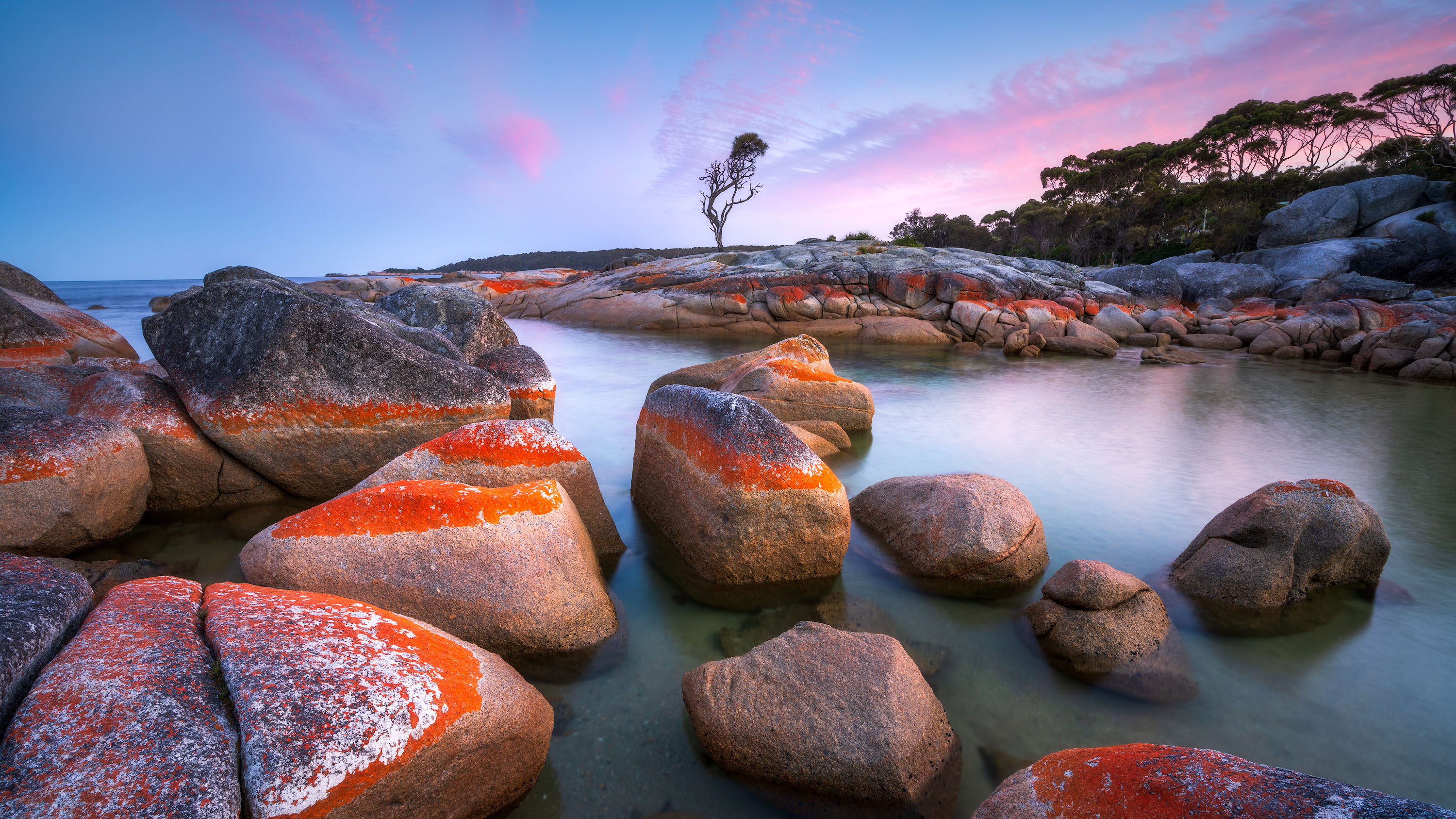
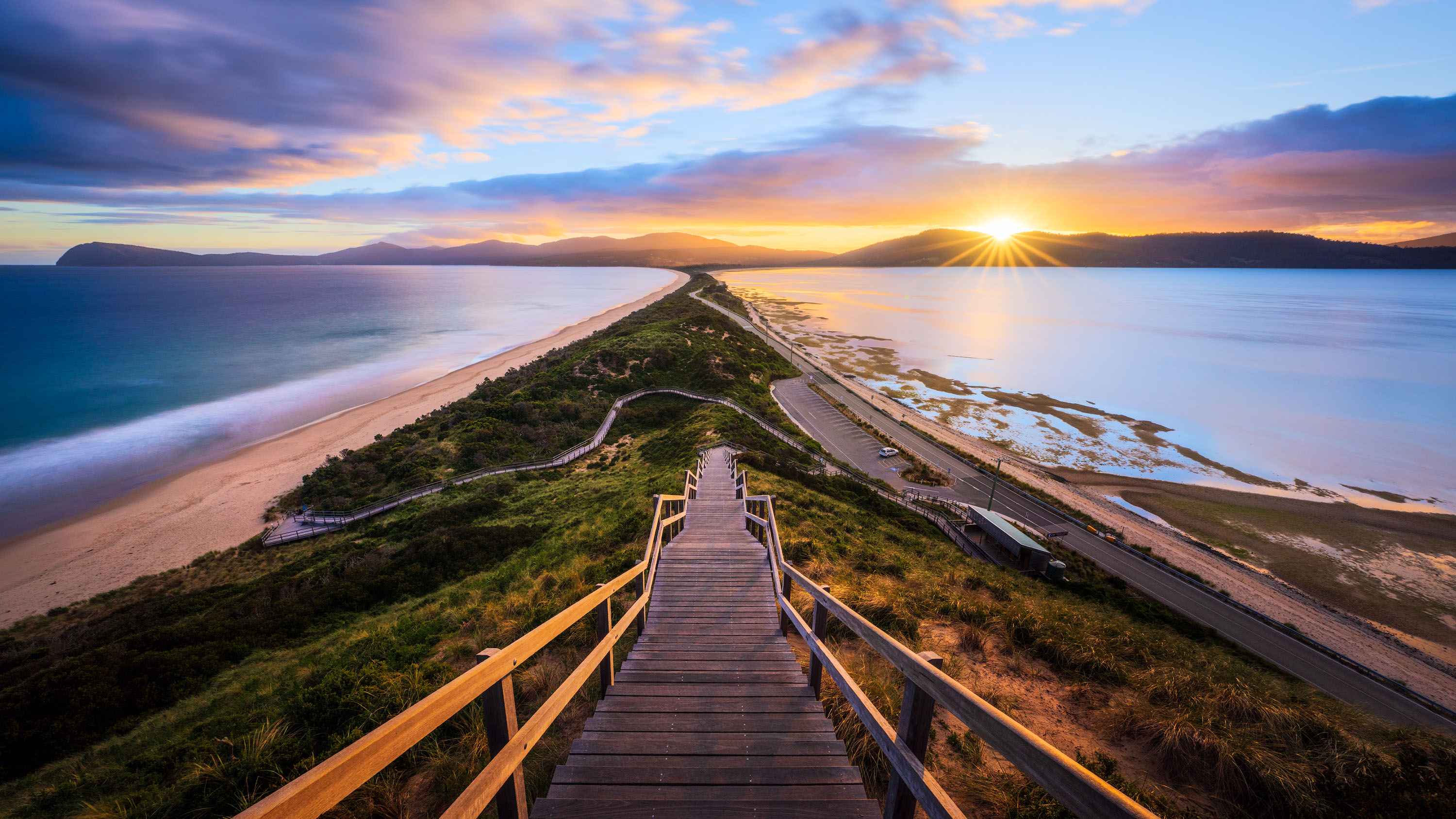

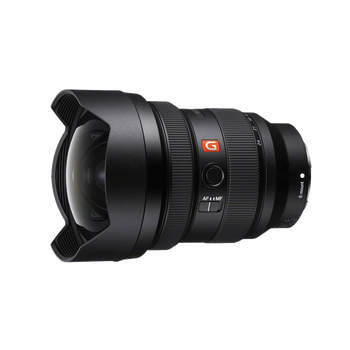
_1726835161814.505.jpg?width=100)

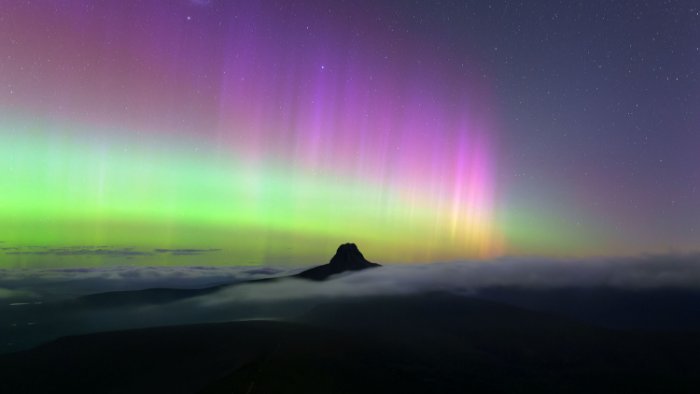
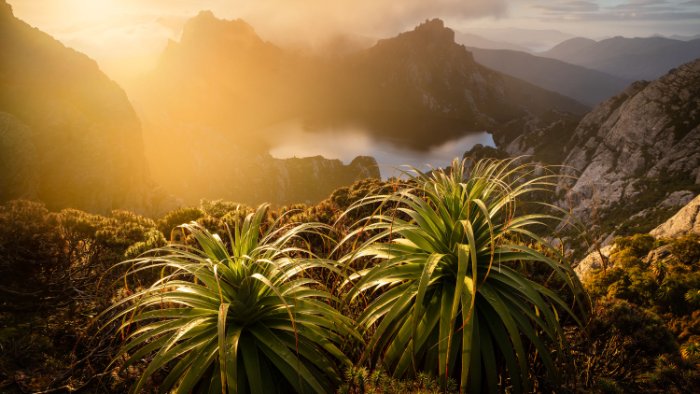


_1726835161814.505.jpg?width=64)
